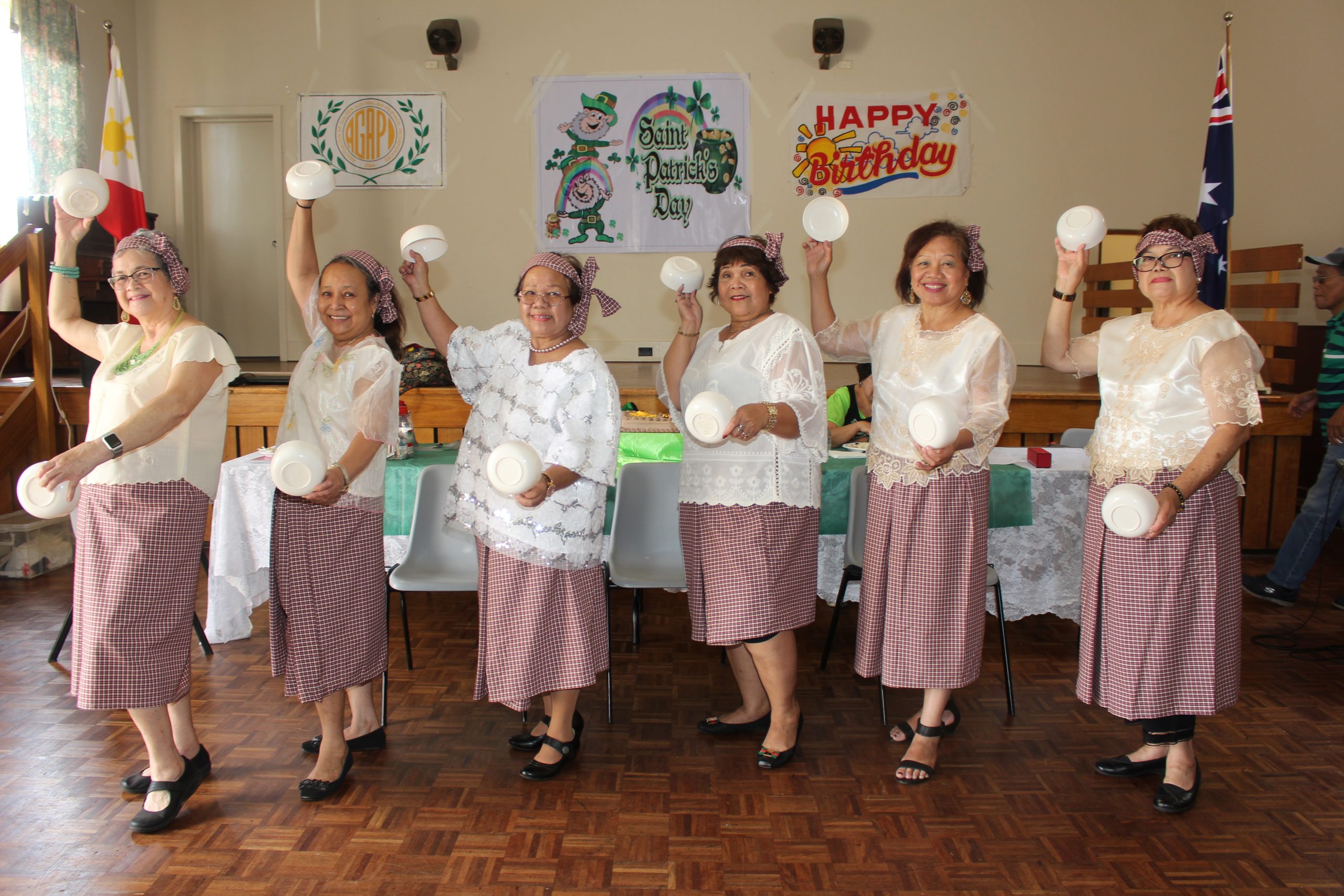December 11 – The Department of Health , through its Aged Care Quality and Compliance Group wrote residential care institutions, to remind them of the impact that warmer weather may have on the older people in their care and the extra precautions and interventions that may be needed.
“The summer temperature outlooks indicate a warmer than normal season for both days and nights across most of the Australian mainland. And as you know, hotter summer weather means we need to be alert to the possibility of heatwaves,” said Senior Nurse Advisor Susan Hunt, RN, PhD, FRCNA.
Older people are among those most at risk of heat-related illness. Due to normal age-related changes to the body, older people may not recognise that they are overheated and therefore may not complain about being hot or request additional fluids. In addition, older people are more likely to have a chronic medical condition and to be taking medication that may interfere with the body’s ability to regulate fluid.
NPS Medicinewise has recently published an article “The balancing act of hydration”. This article focuses on dehydration in older people and is freely available at http://www.nps.org.au/publications/health-professional/health-news-evidence/2014/dehydration.
Information from NPS and other evidence based sources can assist in ensuring you and your staff have a full understanding of the issues and are able to manage risks appropriately. Residential care providers need to be particularly aware of the severe hazards associated with unsupervised departure of residents during extreme heat events. Residents may not understand the danger of being outside in the heat for too long.
To assist the comfort of residents and for you to meet the requirements of the Aged Care Act 1997, particularly Outcome 2 ‘Health and Personal Care’ and Outcome 4 ‘Physical Environment and Safe Systems’ of the Accreditation Standards, the following activities may need to be undertaken as appropriate:
•ensure that the temperature in residents’ rooms and within the facility is kept comfortable, keeping curtains and blinds closed to reduce excess heat; •monitor entry/exit points to avoid the unsupervised departure of residents during extreme heat events;
•be aware that residents are particularly at risk when there are high night-time temperatures; •use portable air conditioners, coolers and fans if the building is not air-conditioned, (remembering that the use of fans in an overheated environment can make dehydration worse); •ensure small amounts of fluids are readily available, rather than large amounts of fluids less frequently;
•offer residents alternative forms of fluid, such as jelly, ice-cream or fruit juice blocks and discourage alcoholic or caffeinated beverages;
•provide residents with frequent small meals; •assist residents to keep skin covered when exposed to direct sunlight and to wear loose fitting clothing;
•avoid taking residents outside between 11am and 3pm;
•offer tepid showers or sponging; and •observe for signs of heat stress, such as nausea or changes in appearance including red, pale or severely dry skin. A clinical assessment will be required if a resident shows any signs of deterioration.
The effects of heat-related illnesses can range from mild conditions such as a rash or cramps to very serious conditions such as severe confusion or heat stroke. Older people are more likely to have a chronic medical condition and to be taking medication that may interfere with the body’s ability to regulate fluid.
Heat may also worsen the condition of someone who already has a medical condition such as heart disease. Special note about medicines Some medicines are capable of increasing the risk of heat-associated illness in susceptible people.
These include: •medicines that cause dehydration or electrolyte imbalance; •medicines likely to reduce renal function; and •medicines that interfere with the production or regulation of heat. It may be worth a careful review of medication for residents, to assess the risks and benefits of any changes to their medication regimen.
A discussion with a pharmacist or the resident’s general practitioner may be helpful. If you are concerned about a resident’s wellbeing, his or her general practitioner should be immediately contacted. Further information is available from state and territory health department websites.
The Victorian Government has produced a comprehensive ‘Heatwave Ready Resource’ for residential aged care services. This resource is available on the Victorian Department of Health website at www.health.vic.gov.au .









Leave a Reply